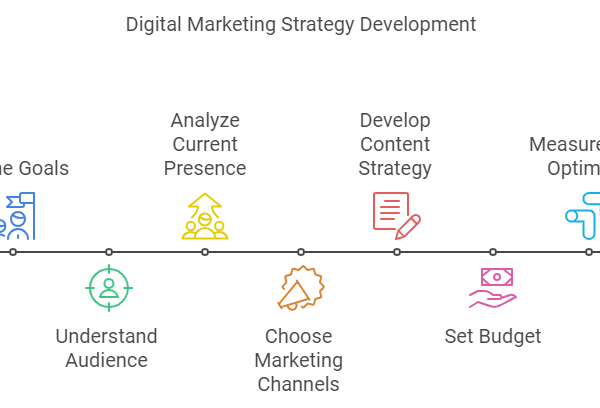
Future Of Online Online Education In India
India, with its vast population and diverse demographics, has witnessed a significant surge in online education in recent years. While online learning offers numerous advantages, it also faces several challenges that need to be addressed for its sustainable growth and widespread adoption.
Infrastructure and Connectivity Issues
One of the most significant obstacles to future of online education in India is the lack of adequate infrastructure and connectivity. Many rural areas still struggle with limited internet access, low bandwidth, and unreliable network connections. This hinders students’ ability to participate in online classes, access educational resources, and submit assignments.
Digital Divide
The digital divide, the disparity in access to information and technology between different socioeconomic groups, is a major concern in India. Students from marginalized communities often lack the necessary devices, internet connectivity, and digital literacy skills to benefit from online education. This inequality can perpetuate educational disparities and limit opportunities for disadvantaged students.
Quality Assurance and Standardization
Ensuring quality and standardization in online education is another challenge. With a multitude of online learning platforms and providers, it can be difficult to differentiate between credible and less reliable options. Lack of proper accreditation and quality assurance mechanisms can lead to variations in the quality of education, potentially compromising students’ learning outcomes.
Faculty Development and Training
The success of online education heavily relies on the quality of faculty. Training educators to effectively teach in an online environment is crucial. Many teachers may require additional skills in instructional design, technology integration, and online communication to deliver engaging and effective online courses.
Student Engagement and Motivation
Maintaining student engagement and motivation in an online learning environment can be challenging. Lack of face-to-face interaction, limited social connections, and the potential for distractions can hinder students’ learning experiences. Creating a supportive and interactive online learning environment is essential to keep students motivated and engaged.
Assessment and Evaluation
Developing reliable and fair assessment methods in online education is another area that requires attention. Traditional methods like exams and assignments may need to be adapted to suit online learning environments. Ensuring the integrity of assessments and preventing cheating are also crucial concerns.
Regulatory Framework
A clear and comprehensive regulatory framework is necessary to govern online education in India. This framework should address issues such as quality standards, accreditation, consumer protection, and data privacy. A well-defined regulatory environment can provide a conducive environment for the growth of online education and protect the interests of students and institutions.
Cultural and Linguistic Barriers
India’s diverse cultural and linguistic landscape can pose challenges for online education. Developing content that is culturally relevant and accessible to students from different regions and backgrounds is essential. Overcoming language barriers and providing support for students who require language assistance is also crucial.
Pedagogical Challenges
Adapting traditional teaching methods to an online environment requires careful consideration. Online educators may need to develop new strategies to foster student engagement, facilitate collaboration, and provide effective feedback.
Technological Challenges
Technical difficulties, such as platform crashes, internet connectivity issues, and hardware problems, can disrupt the learning process and frustrate students and teachers. Ensuring a reliable and stable technological infrastructure is essential for a smooth online learning experience.
Equity and Accessibility
Online education has the potential to bridge the digital divide and provide equal opportunities for students from all backgrounds. However, addressing issues such as affordability, accessibility, and equity is crucial to ensure that online education benefits all learners.
Privacy and Data Security
Protecting student data and ensuring privacy is a major concern in online education. Data breaches and unauthorized access to personal information can have serious consequences. Implementing robust security measures and complying with data protection regulations is essential to safeguard student privacy.
Mental Health and Well-being
The isolation and lack of social interaction associated with online learning can impact students’ mental health and well-being. It’s important to provide support services and resources to address these challenges and ensure students’ overall well-being.
Conclusion
Addressing these challenges requires a multi-faceted approach involving collaboration between government agencies, educational institutions, technology providers, and civil society organizations. By investing in infrastructure development, promoting digital literacy, ensuring quality standards, and providing adequate support to students and teachers, India can harness the potential of online education to create a more inclusive and equitable education system.











